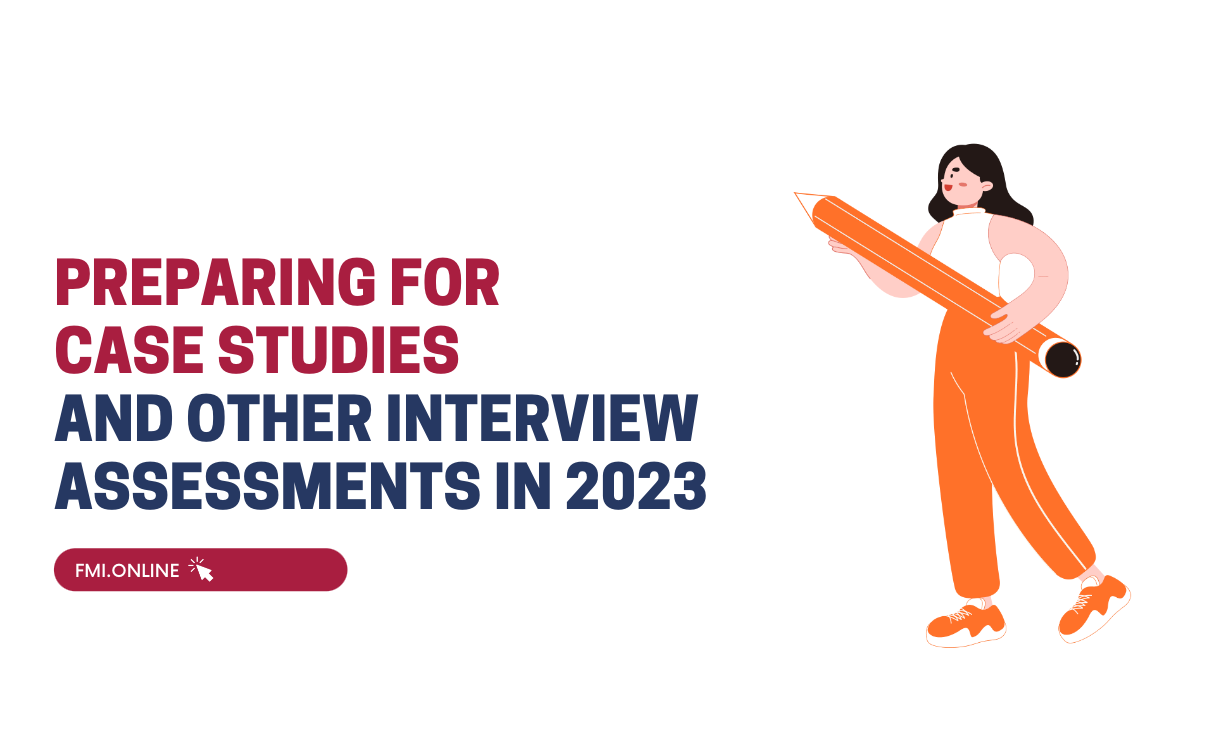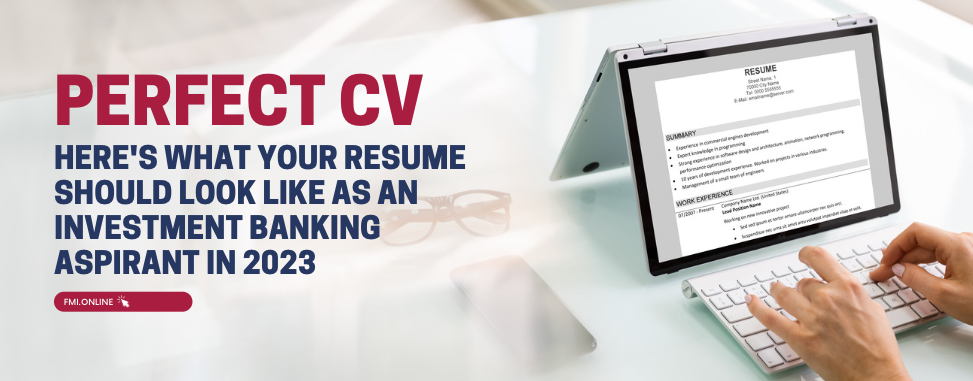A typical financial analyst job description will require you to have a bachelor’s degree in Finance, Accounting, Math or Economics with a preferred MBA, an in-depth knowledge of financial modelling, stellar communication skills, proficiency in using Excel and so on. You won’t be surprised to know that most people applying for the role of a financial analyst will already have the above skills. Reportedly, in 2019 in the U.S. alone, there were close to 300,000 financial analysts.
So, how do you stand out? How do you ensure that you bag that coveted financial analyst role you have dreamt of for years? In this article, we help you understand how to get hired as a financial analyst using the 3 major tools of Education, Skills, and Interview practice:
1. Education:
It is no secret that you need to be equipped in Mathematics or a related field such as Finance, Economics, Statistics, Business etc. to work as a financial analyst. If you know your goals by the time you decide to pursue your undergraduate education, you can choose one of these fields as your major. When you are in university, also take the initiative to join extracurricular activities in this domain that interest you such as finance, entrepreneurship, management clubs etc.
If you take the plunge of getting into financial analysis later, after your university, you will most likely need a master’s education in the field to have the required know-how. One of the most common choices is to pursue an MBA with a finance specialisation. In fact, it is widely known that you must get an MBA from an eminent institution such as an Ivy League university to land the top finance roles. This article by Investopedia, however, offers a detailed analysis on the ROI for an Ivy League education. While it sounds impressive and will offer you a transformative experience, it is not a requirement to work successfully in the financial analysis industry, as other options exist. What will truly differentiate you are your Qualitative and Quantitative Skills.
2. Skills:
A financial analyst has to pore over complex and lengthy sets of financial data, understand it, and draw conclusions on what it means for a company’s business, profitability, and future. Hence, it is a task of enormous responsibility and requires specific skills:
a. Expert analytical skills such as extreme proficiency in Excel are unskippable. Yet, you can learn these either in business school or at an internship or through specialised courses such as this 5-hour course by FMI, which includes quick resources on mastering Excel.
b. Financial modelling skills, which help represent a company’s financial data mathematically, is another indispensable skill set you need as a financial analyst. This information allows you to gauge a company’s income and expenses, based on which you can interpret how it is currently performing and forecast its future performance. This involves financial reporting tools such as income statement, balance sheet, cash flow statement, among others, each of which we have explained in detail. Your education will come in handy in teaching you these concepts. You can also further take courses such as this one on Financial Analysis by FMI to brush up your skills.
c. Interpersonal skills: As a financial analyst, you will be working closely with your clients – companies whose financials you are assessing. You will also be reporting and presenting these to your superiors in a concise and coherent manner, to further draw conclusions from it. Since your job involves finances, people involved are trusting you immensely and expect that you will be able to paint an accurate and comprehensible picture for them. This requires solid interpersonal communication skills.
While you can find courses online to sharpen your networking and conversational acumen, nothing can teach you this as well as actually doing it. You can begin to engage in these activities during school or college by participating in debates, elocution contests, etc. or in a professional environment by setting up informational interviews at an internship or even simply reaching out to professionals you would like to learn from. When someone identifies true keenness and passion, more often than not, they would be willing to set aside some time to guide you.
Other skills we strongly recommend you start building upon are the ability to multitask, think strategically, work in a high-pressure environment and yet, to compartmentalise your job and the rest of your life. Financial analysis is a demanding profession, hence, you must also ace organisational and time management skills to avoid feeling burnt out. When you master these often overlooked skills, you will be able to set yourself apart from the crowd as well.
3. Interview:
If your education and skills matched a potential recruiter’s requirements, and you have made it to the interview, kudos! Before you proceed to read countless articles on how to ace the interview, breathe. Yes, the interview is a spectacular chance to make an impression and to help the hiring organisation see why you are awesome but often, people botch their chances because they’re too nervous. So, find ways to remain calm.
Next, the interviewer will ask you both technical and behavioural questions so you must prepare adequately for both. This guide by LinkedIn offers interesting insights into answering these questions as it throws light on what the recruiter’s thought process is. To practice the technical segment of the interview, you can talk to previous hires, research extensively, and ensure that you have reviewed all key terms and concepts. To practice the behavioural questions, make sure you work with a partner who can conduct mock interviews. Once again, here’s a list by Muse of questions and sample answers to behavioural questions.
Once you have practised sufficiently, remember what matters most is your confidence. Interviewers do not expect you to be perfect but everyone is drawn to curiosity, capability, and confidence. Hence, make sure you do things before the interview that help you believe in yourself. Further, definitely avoid some of these common interview mistakes.
Conclusion:
With the right combination of education, skills (both quantitative and qualitative), and interview knowledge, you can climb up the ladder to being a financial analyst. No one segment alone will get you there, hence, don’t get disheartened if your MBA isn’t from a premier college or if you are struggling with Excel. Even the top companies are looking for those who are authentic, eager to learn and grow, and have the ability to connect with all stakeholders involved. So, focus on these skills, and with enough grit and dedication, you can achieve your goal to become not just any but rather, a distinguished financial analyst.












 60+ hours
60+ hours 9 courses
9 courses



